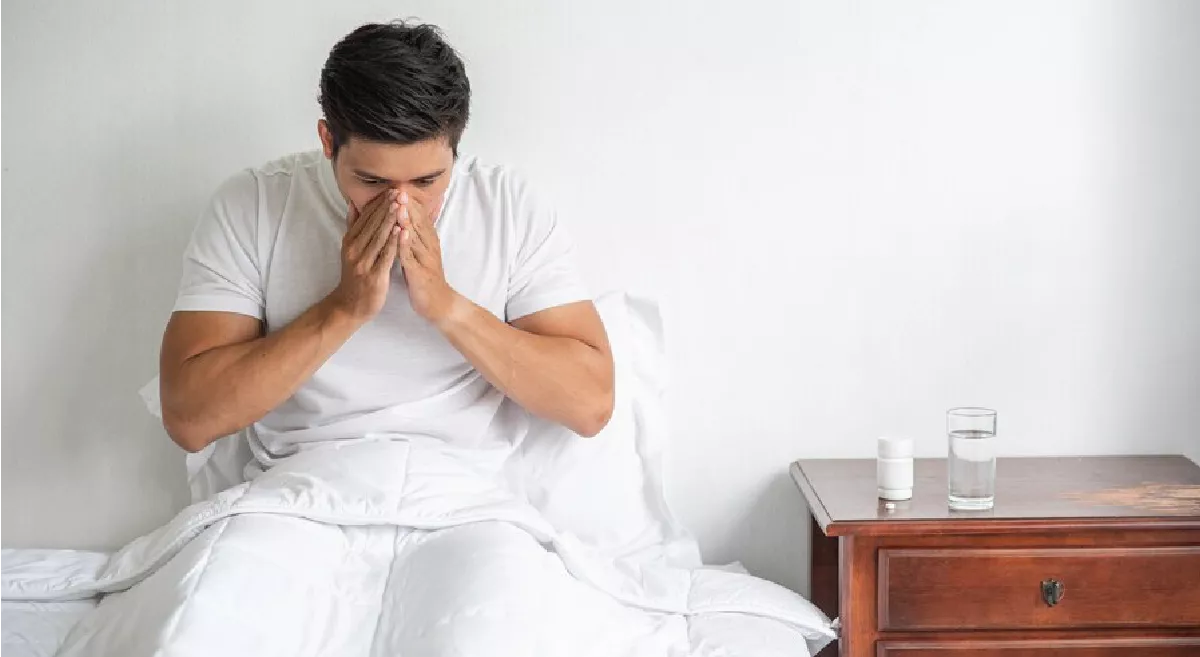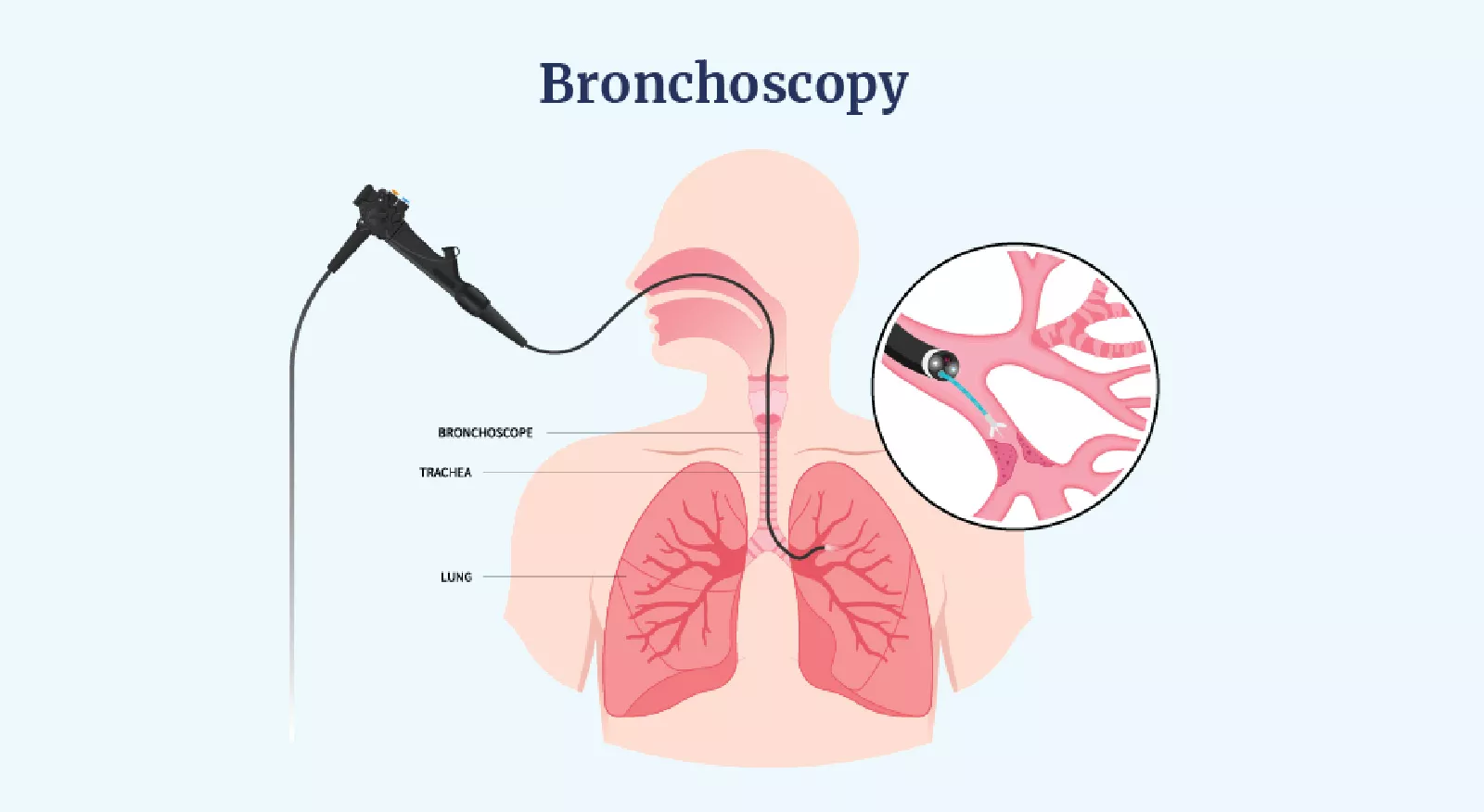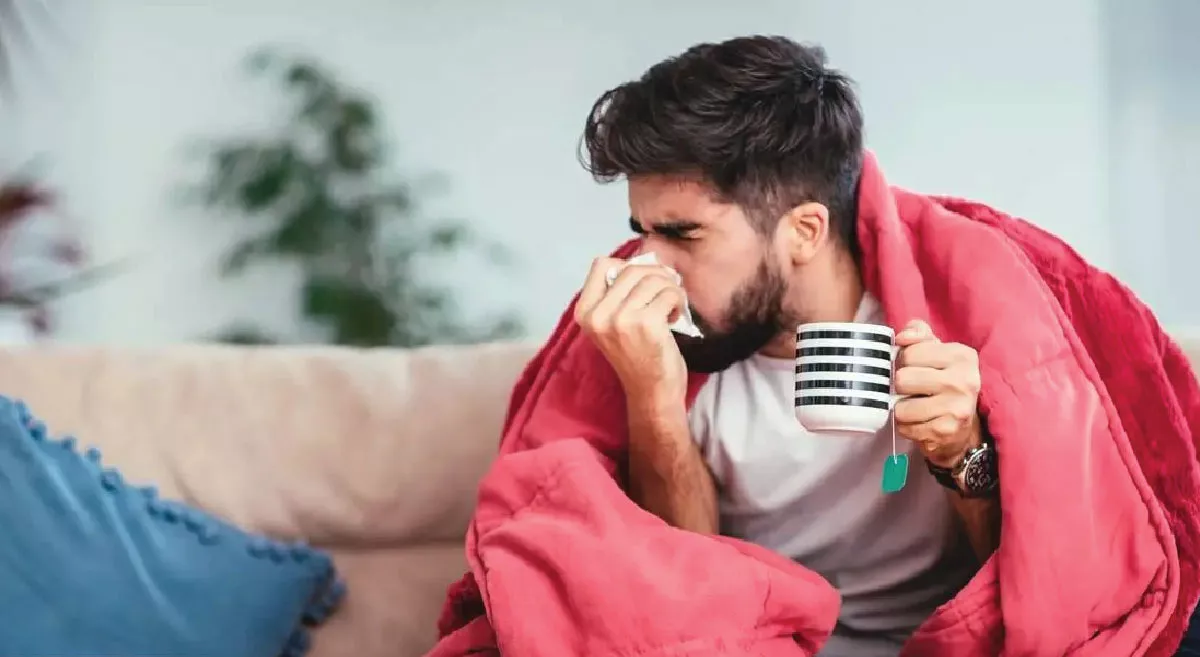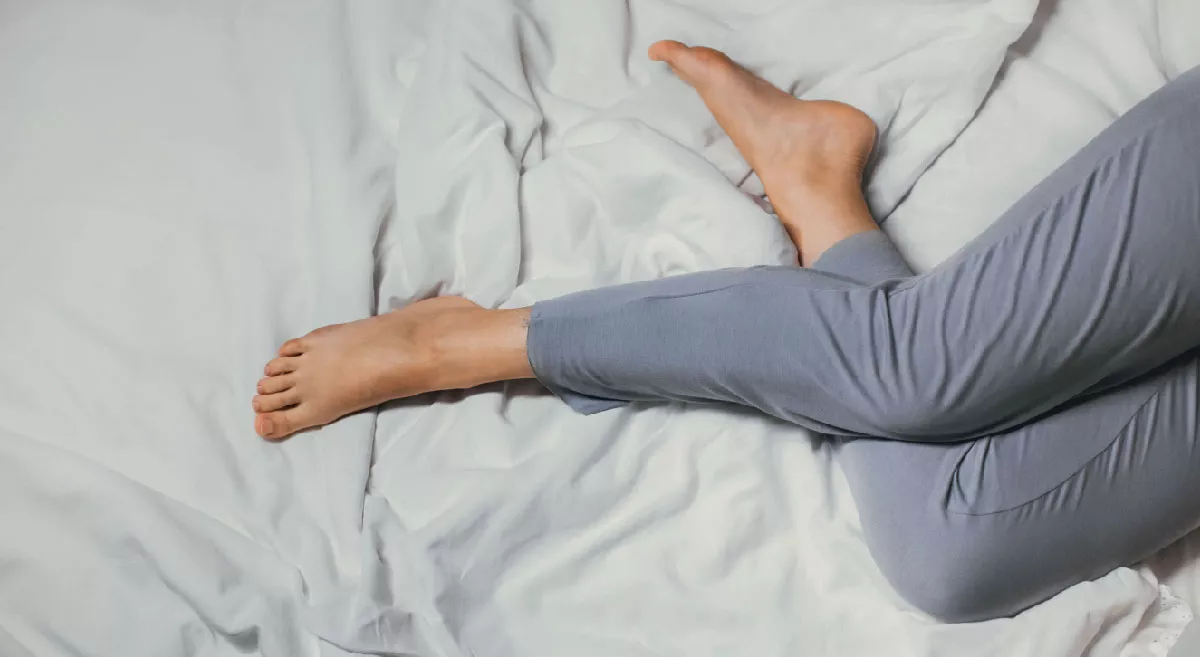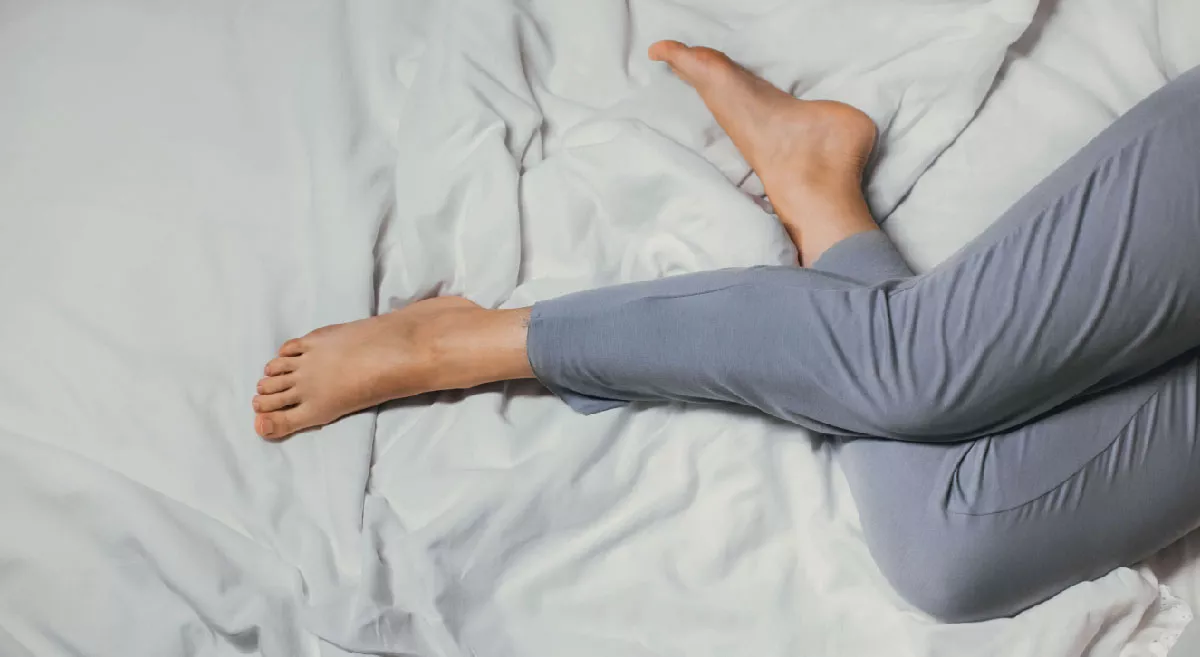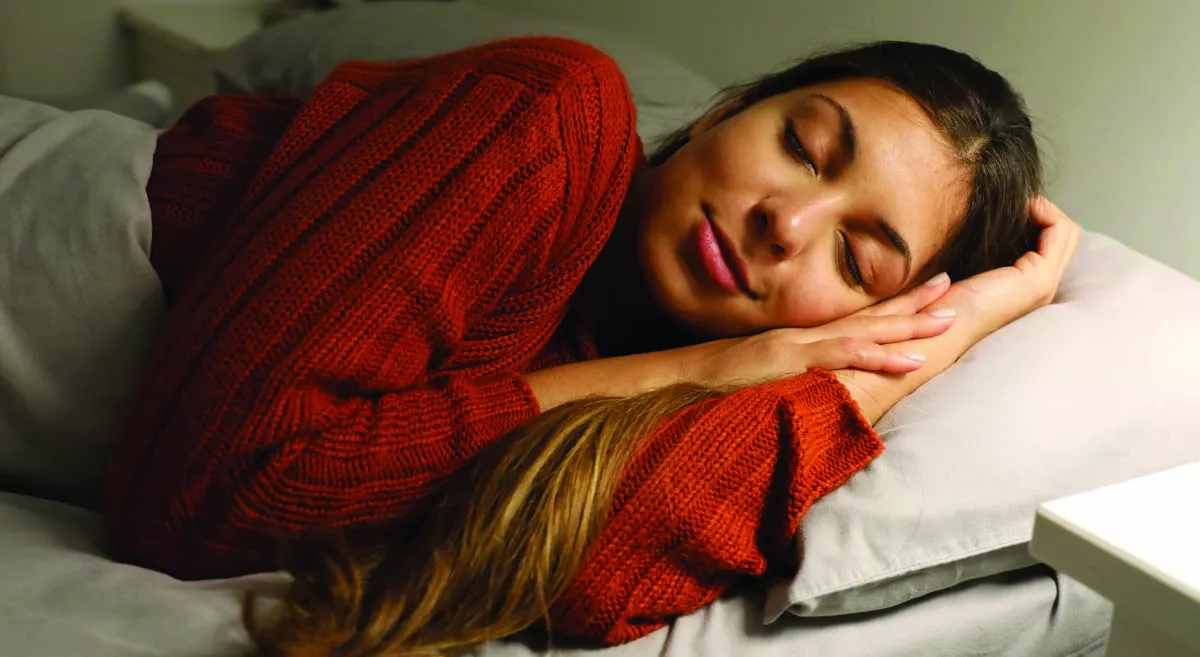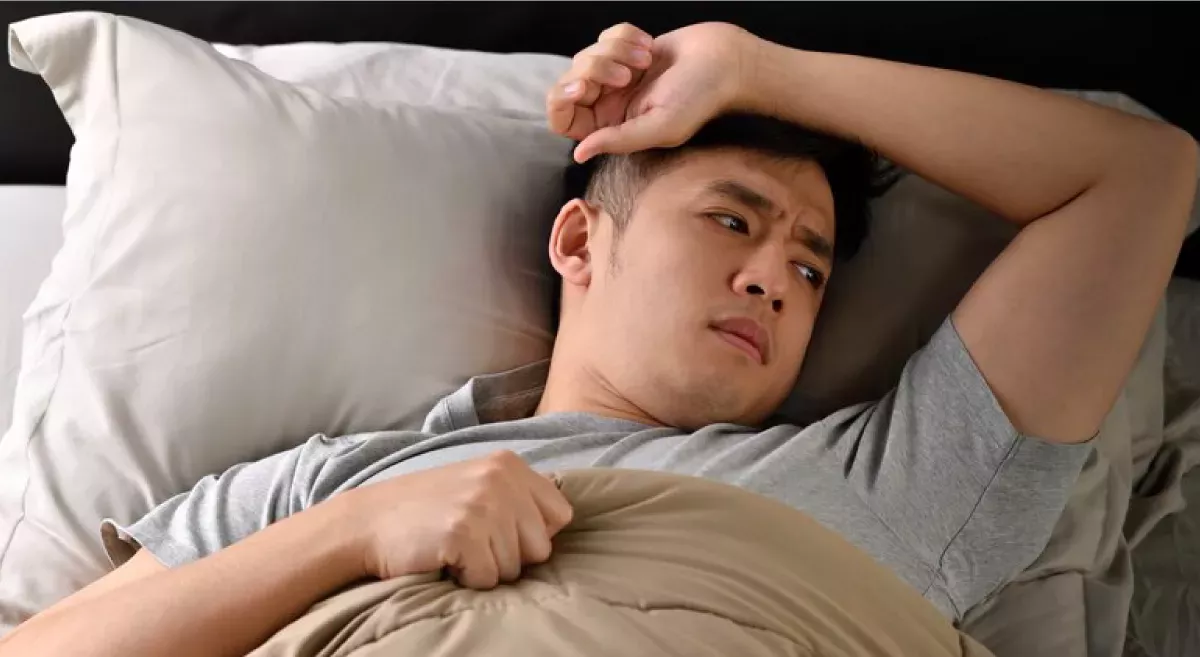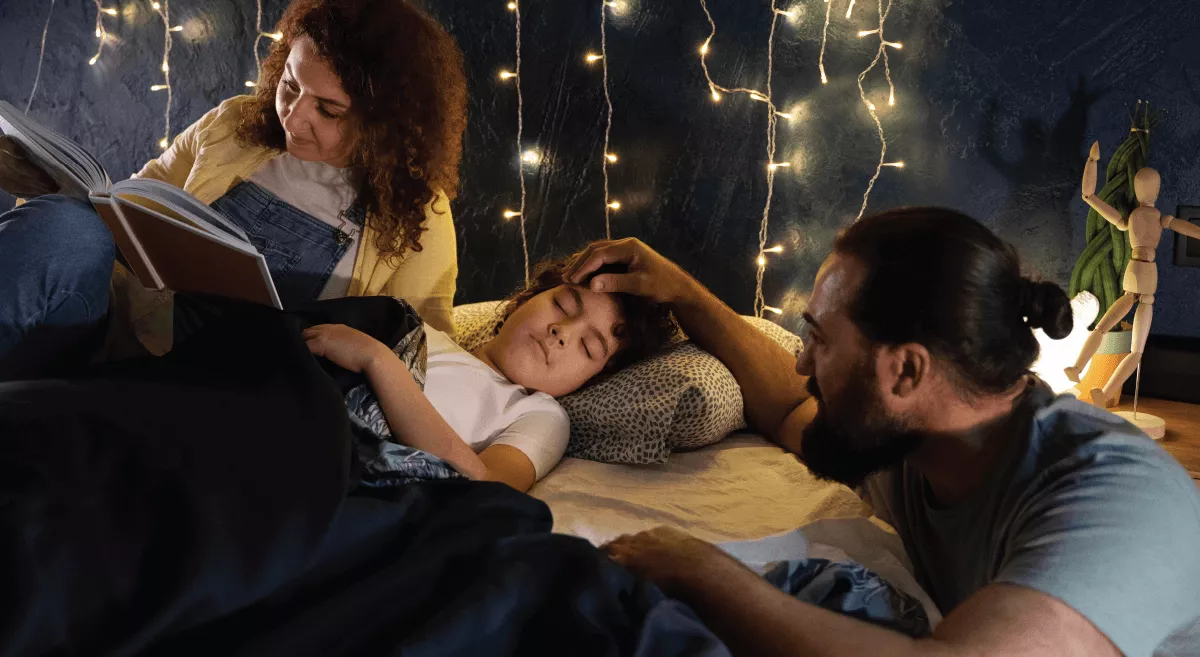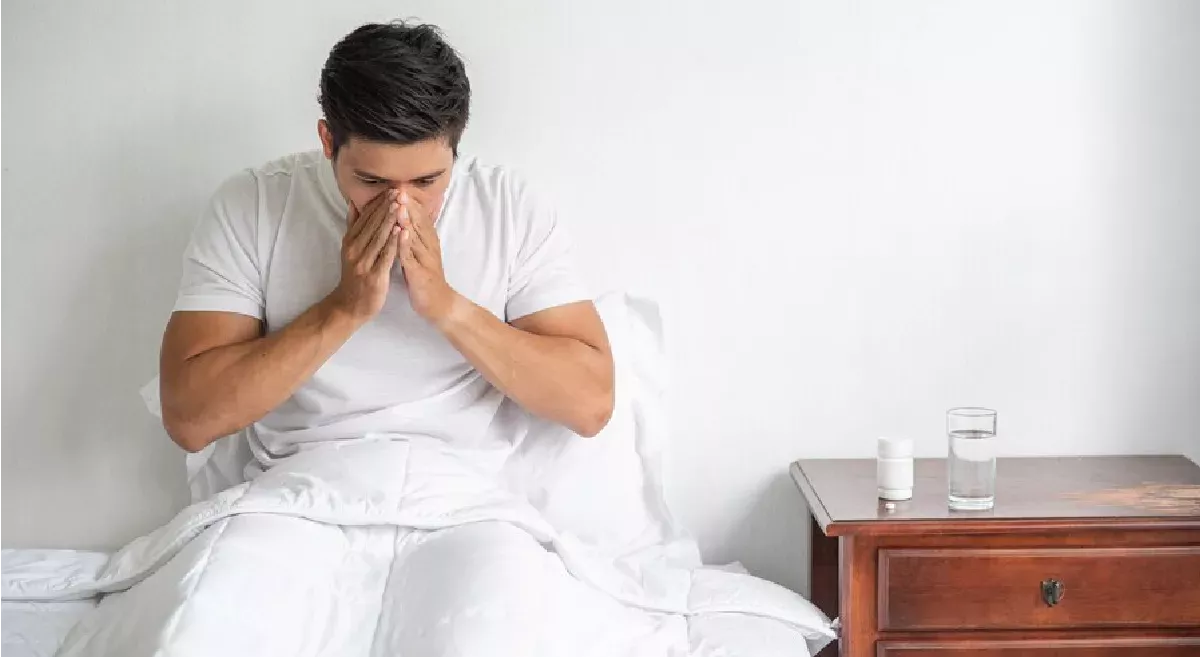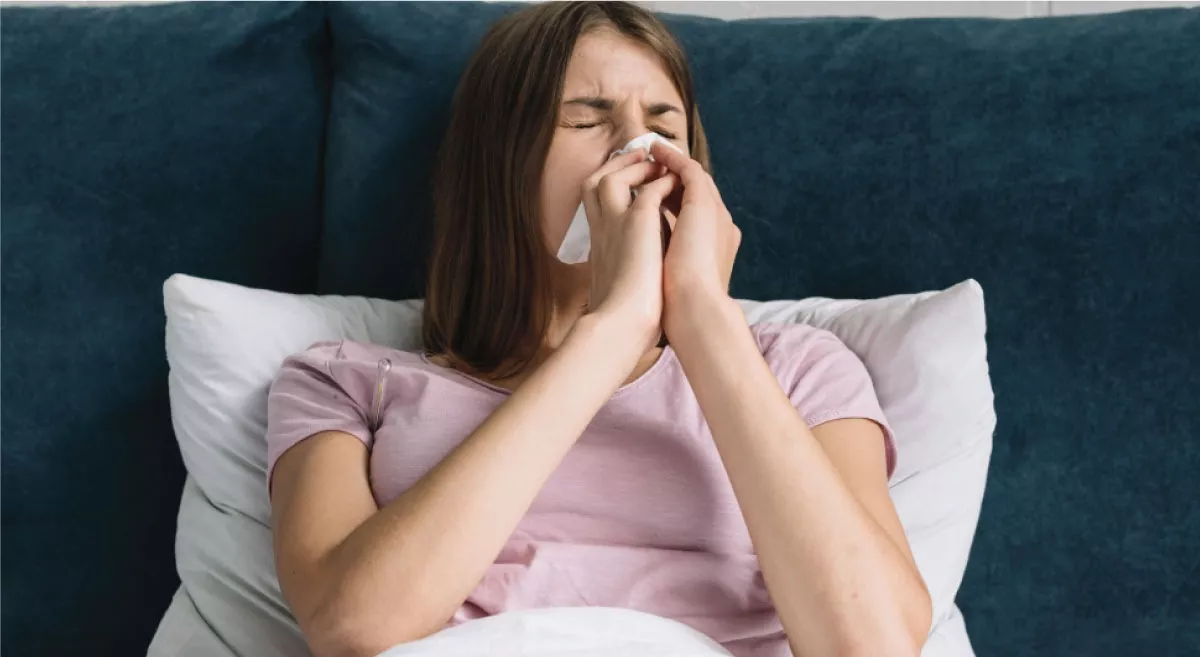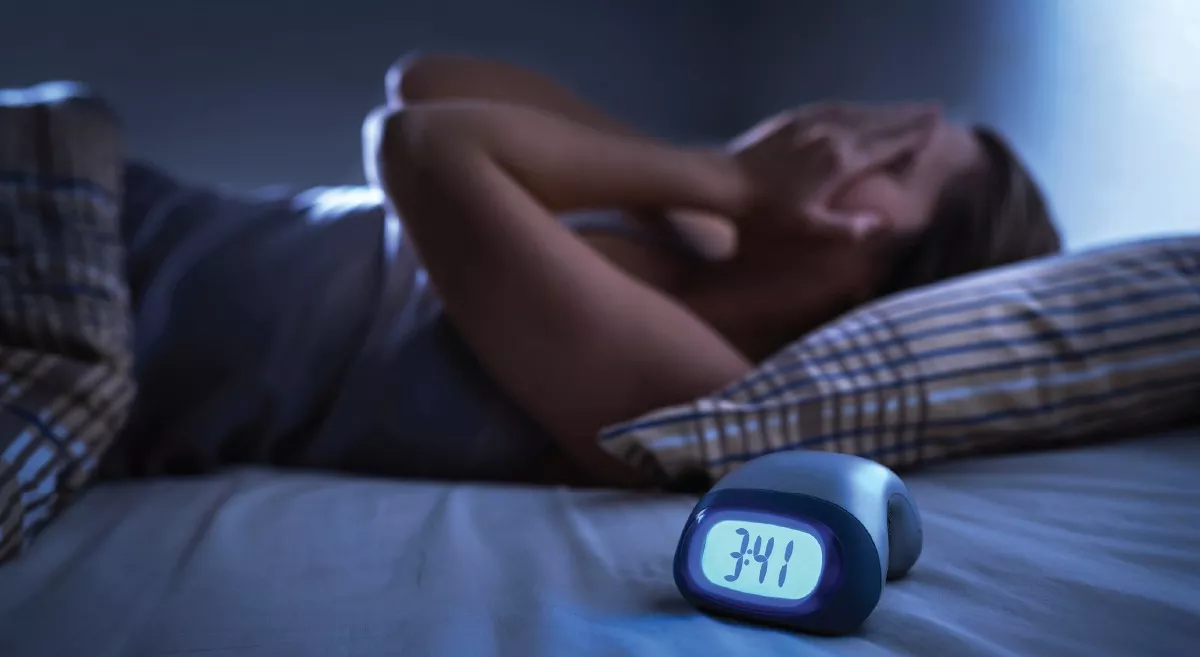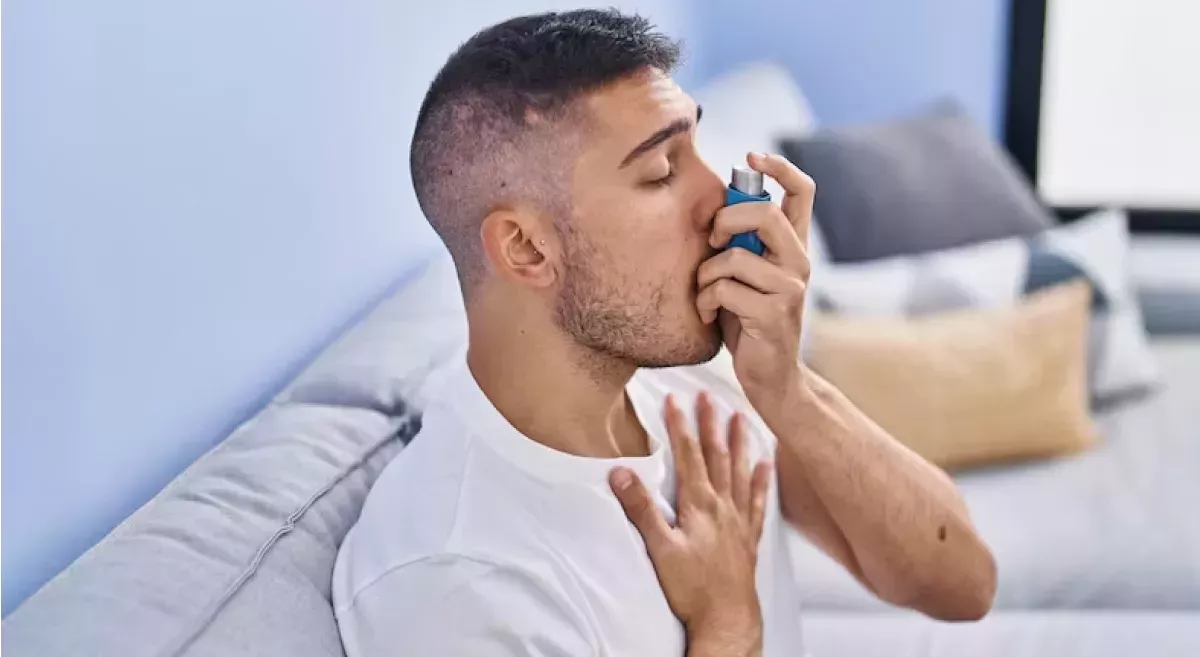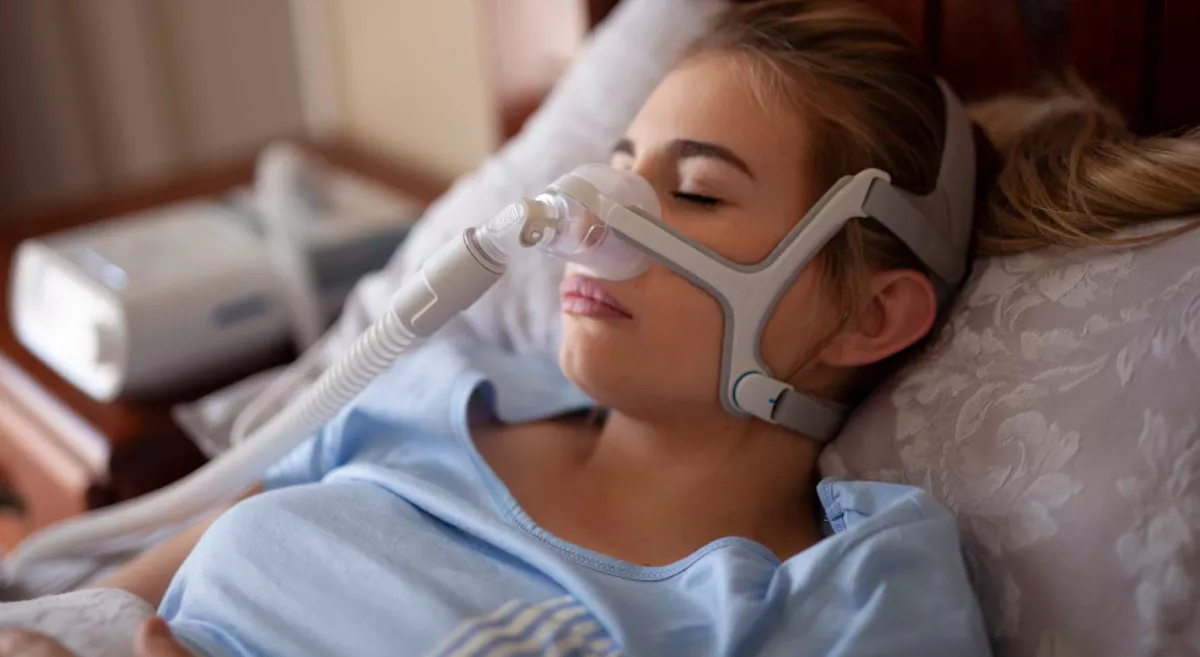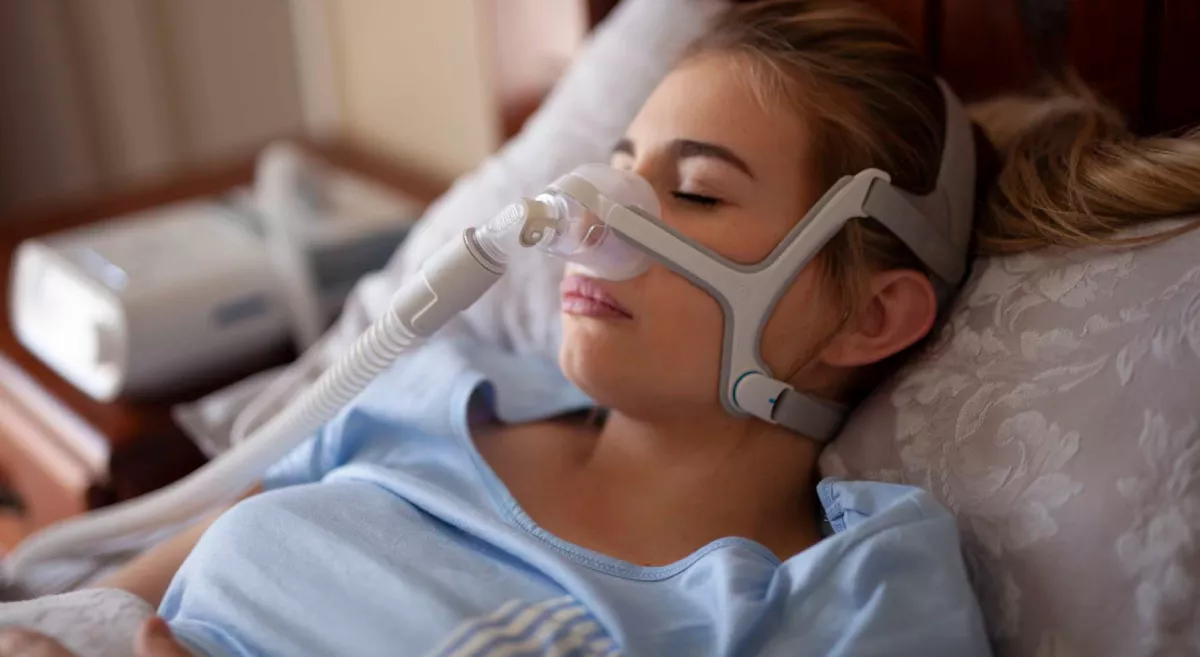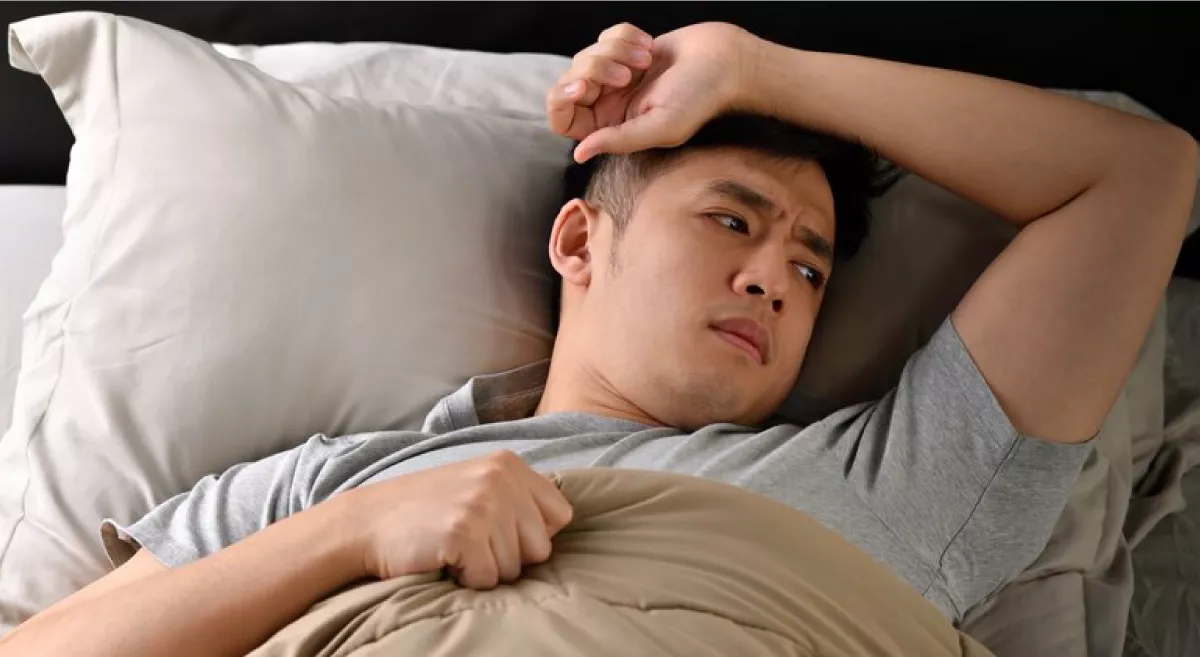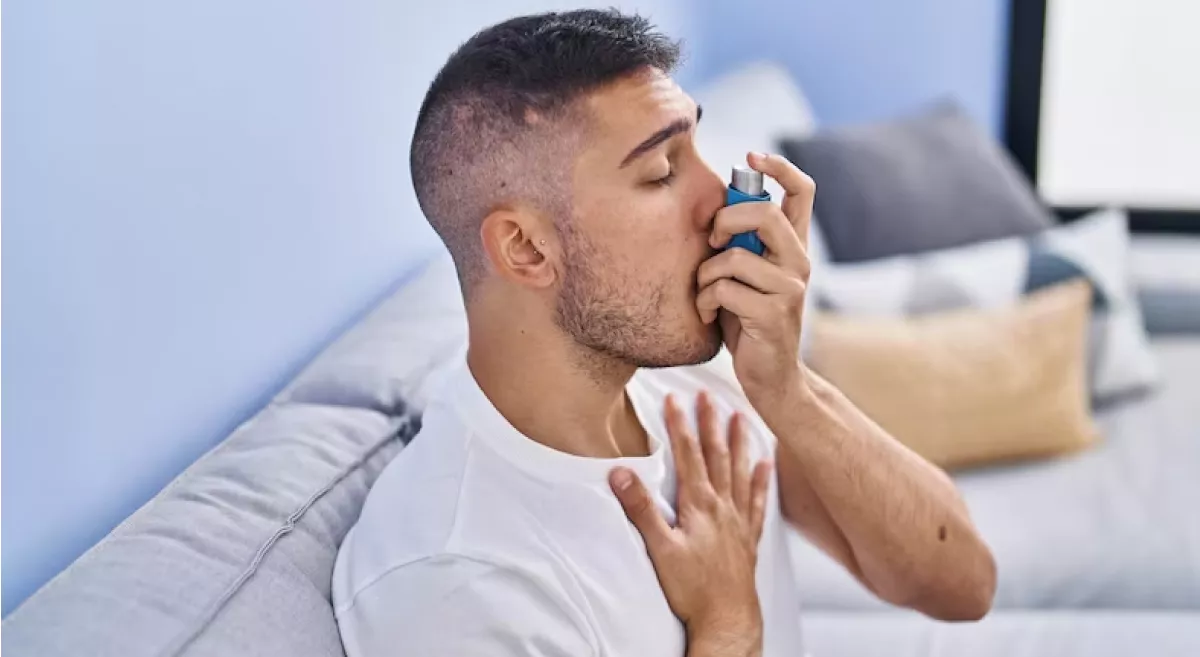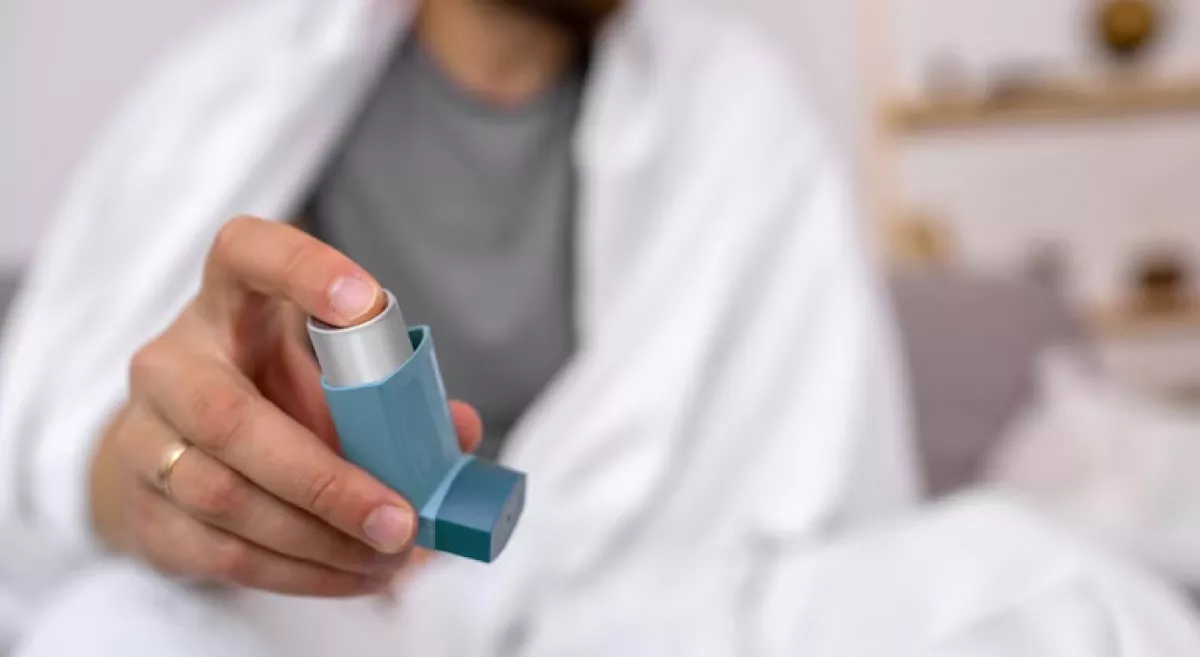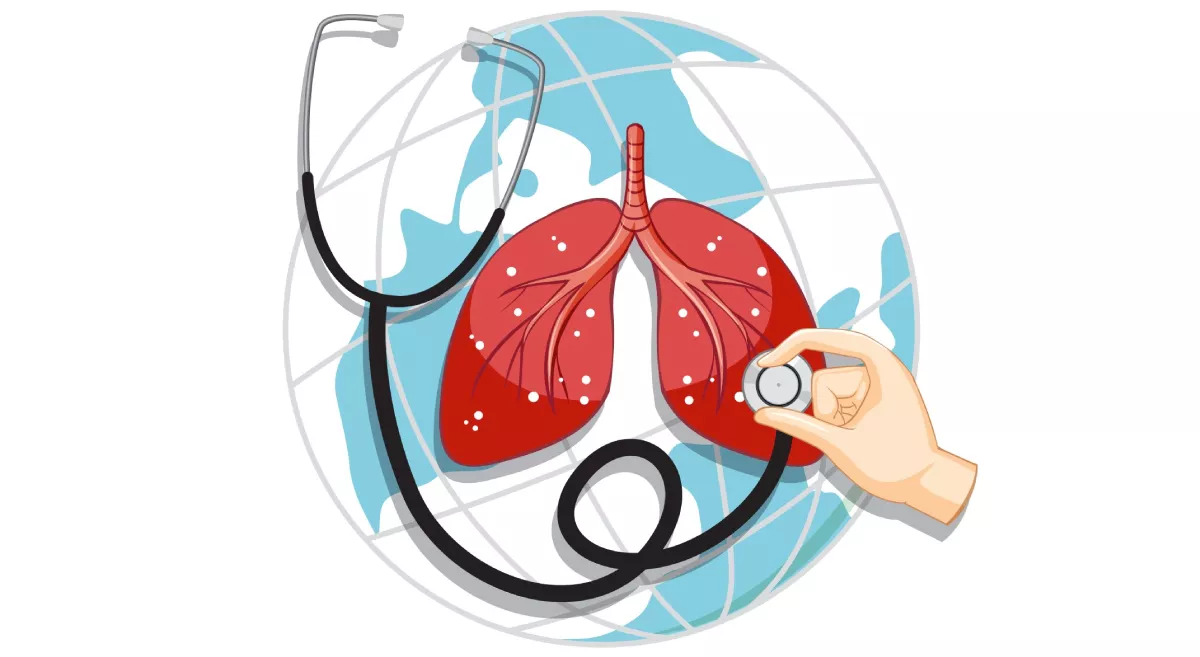Allergies can lead to sleep disturbances in several ways. When you are exposed to allergens such as pollen, dust mites, pet dander, or mold, your body's immune system releases histamines, which can cause nasal congestion, sneezing, itching, and watery eyes. These symptoms can make it difficult to fall asleep or stay asleep, leading to disrupted sleep patterns.
Common Sleep Issues From Allergies:
Nasal congestion : Allergies can cause nasal congestion, making it harder to breathe through your nose. This can result in snoring and sleep-disordered breathing, affecting the quality of your sleep.
Itchy or watery eyes: Allergies can cause your eyes to itch or water, leading to discomfort and difficulty falling asleep.
Coughing and throat irritation: Postnasal drip caused by allergies can trigger coughing and throat irritation, making it challenging to sleep peacefully.
How allergies worsen sleep disorders like sleep apnea?
Allergies can exacerbate sleep disorders like sleep apnea, which is a condition characterised by pauses in breathing during sleep. When you have allergies, the increased nasal congestion and inflammation can narrow the airways, making it even more difficult to breathe during sleep. This can further contribute to sleep apnea events, resulting in fragmented sleep and daytime fatigue.
Tips to Sleep Better With Allergies?
Allergen-proof your bedroom: Use dust mite-proof pillow and mattress covers, wash bedding regularly in hot water, and keep the bedroom free from pet dander and other potential allergens.
Maintain a clean sleeping environment: Regularly vacuum carpets, dust surfaces, and minimize clutter in your bedroom to reduce the accumulation of allergens.
Shower before bedtime: Taking a shower before bed can help remove any allergens that may be on your skin or hair, reducing the likelihood of them causing nighttime symptoms.
Use air purifiers and humidifiers: Air purifiers can help remove allergens from the air, while humidifiers can keep the air moist and reduce nasal congestion.
Avoid allergen exposure: Stay updated on pollen counts and try to limit outdoor activities during peak allergy seasons. Keep windows closed to prevent allergens from entering your home.
Consult an allergist or pulmonologist: If your allergies significantly impact your sleep quality, seek professional help. An allergist or pulmonologist can provide personalised treatment options such as allergy medications, immunotherapy, or recommend appropriate management strategies.
